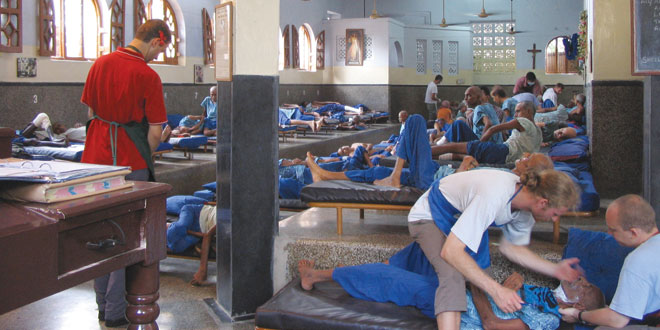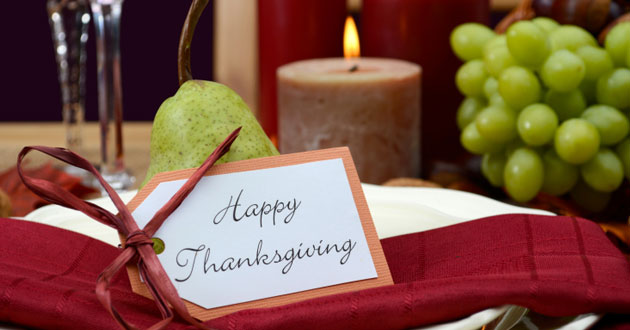Tangerines as soul food?

All of us have probably had a meal that we remember for very specific reasons. It might have been for a birthday or anniversary, or to celebrate a great achievement. I saw a news item about one of the San Diego County Fair’s unusual food offerings—three cheeseburger patties with Krispy Kreme glazed donuts instead of hamburger buns. Reading about food like that makes me wonder why I didn’t become a cardiologist.
Actually, I was visited by a cardiologist not too long ago because of a meal. After a wonderful dinner at an overpriced restaurant in San Diego, I went to bed feeling a little off-kilter. I got up in the middle of the night because of food poisoning, and I passed out on the floor. My wife thought I was having a heart attack. So did the emergency room when they transferred me to the cardiac unit. But no. The seared ahi I had ordered for dinner apparently hadn’t been seared enough.
A few years ago, my friend Michael returned from Calcutta, India (now called Kolkatta), where he had been working in a facility started by Mother Teresa, called the Home of the Dying Destitutes. This is the place where, if you are dying and have no one to care for you, you can come for your final days. It is always a full house.
One of Michael’s tasks was to feed the men who were too weak to feed themselves. One day Michael sat on the edge of the man’s cot and spooned tiny bites of rice, curry and fish into the man’s mouth.
But soon the man became quite agitated and his face distorted as if he were in pain. A fish bone was caught in the back of the man’s throat, and his arms were too weak to reach up and remove it. He could only writhe and wimper. Michael figured out the problem, reached deep into the man’s mouth and removed the bone. The man was too weary and agitated to want any more rice or fish after that.
Dessert was half of a tangerine. Michael pulled the sections apart and brought them to the man’s mouth. He ate those, and smiled.
While Michael fed him the last of the tangerine, virtually the only food the man actually swallowed, Michael noticed someone waving nearby. Two cots away, another emaciated man weakly motioned to Michael. He also had half of a tangerine, and he gestured that Michael could take it and feed the man he was helping.
“If a dying man can offer a few sections of fruit to relieve the suffering of another dying man, then I know I will always have something to give to someone else,” Michael said. “I will never, never, ever say again that I have nothing to give.”
Think of memorable meals in Scripture—Jesus and disciples in an upper room, Jesus breaking bread with disheartened followers after their journey on the Emmaus Road, Jesus fixing breakfast for his disciples on the shore after his resurrection and after they had returned to their old jobs. Elijah being fed by ravens. Manna falling from the sky. Provisions for that time, for that place.
Author Henri Nouwen said that the expression “breaking bread together” is significant, because the breaking and the giving are one singular act.
“Isn’t a meal together the most beautiful expression of our desire to be given to each other in our brokenness?” he wrote. “The table, the food, the drinks, the words, the stories: are they not the most intimate ways in which we not only express the desire to give our lives to each other, but also to do this in actuality?… Don’t you think that our desire to eat together is an expression of our even deeper desire to be food for one another?”
It could come in the form of a Krispy Kreme triple cheeseburger, I suppose.
But may I recommend the tangerine?
— by Dean Nelson
Nelson directs the journalism program at Point Loma Nazarene University in San Diego. His book “God Hides in Plain Sight: Seeing the Sacred in a Chaotic World,” is published by Brazos Press.





